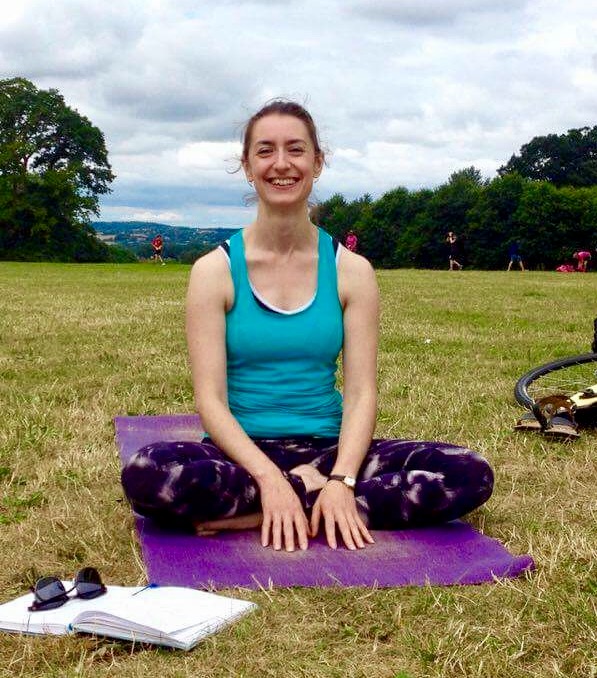Yesterday I was listening to the environmental writer, Emma Marris, talking about how little we value nature unless it’s pristine, beautiful, and untouched by humans - unless humans have positively impacted that beauty, of course. It struck me that this is often how we approach our lives (or, this is often how I approach my life anyway).
My antenna clearly tuned into this theme, I started listening to Michael Stone’s Dharma talk ‘Buddhas on Blades of Grass’. In it, he discusses the Buddhist monk, Dongshan, telling his students to ‘go to a place where there are no weeds’. Spoiler alert: there is no such place.
On the surface, we value moments of hardship less than we value moments of comfort and security. We dismiss (and try to forget) the people who negatively impact us, and we move closer towards (and hold in our memory) the people that offer us support and have failed to disappoint. This is a safe and logical strategy. We want to repeat good experiences, we do not want to repeat bad ones. We would always choose comfort over discomfort. We would always choose to tend the flowers and not the weeds.
However, when I start to dig deeper into this thought, I realise that the times when I have been the least comfortable have held the greatest personal meaning for me. Hard times have paved the way for growth, wisdom, resilience, and humility. Moments of crisis are perhaps the times where we are the most easily intimate with our thoughts and feelings, precisely because we cannot escape ourselves, no matter how much we would like to.
Read more




